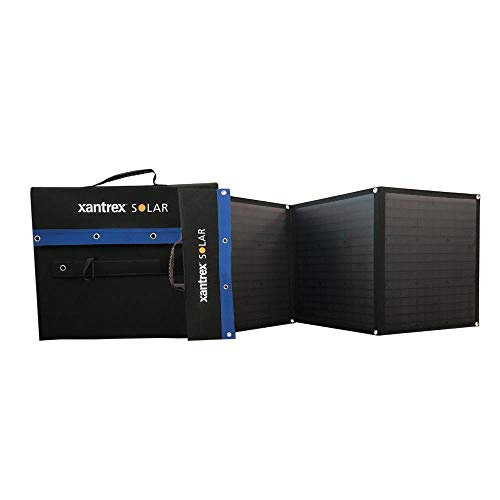
Steven Long returned from his job cleaning up CenturyLink Field after a Seattle Sounders’ game when he discovered that home was gone.
He had been living in his 2000 GMC pickup, parked on a side street, but the city of Seattle towed it because Long had violated a city rule that requires vehicles be moved every 72 hours.
That impound set up an unusual court ruling Friday that advocates for homeless people and the city both say could have broad implications on the crisis of homelessness.
King County Superior Court Judge Catherine Shaffer ruled that the city’s impoundment of Long’s truck violated the state’s homestead act — a frontier-era law that protects properties from forced sale — because he was using it as a home. Long’s vehicle was slated to be sold had he not entered into a monthly payment plan with the city.
Shaffer also ruled the fees the city required Long, 58, to pay to retrieve the truck were too high, violating constitutional protections against excessive fines.
“We believe this case has a lot of implications for other people using their vehicles as homes,” said Ali Bilow, one of Long’s attorneys with Columbia Legal Services.
“I think Seattle municipal judges should follow this ruling and take a hard look when homeless individuals, who are living in their vehicles, are charged these really excessive fees.”
The decision could impact how cities across the state enforce parking regulations when people are living in cars. It also speaks to the complications people living in vehicles pose for the city as it deals with a growing homelessness crisis.
More than 2,300 people were living in their vehicles on the night of King County’s 2017 homeless point-in-time count — 20 percent of the county’s homeless population.
Police and parking-enforcement officers could now find themselves in a bind if they can’t definitively determine whether a vehicle is simply abandoned or is someone’s home, said Assistant City Attorney Michael Ryan.
By following the logic of Long’s legal team, Ryan argued in court Friday, “Someone could park right here in front of the court house on Fifth Avenue, and we couldn’t tow them, or if we did tow them, we couldn’t put them in impound.
“We’d have to put them somewhere else and we couldn’t charge them at all for it, because if we did, we’d violate the constitution if they were living in that vehicle.”
The city attorney’s office is weighing whether to appeal the case.
Long had been homeless since March 2014, when he was evicted from his apartment after the rent got too high and he missed payments. He said he had previously lived out of a camper in the 1980s, traveling through five different states, so he thought he’d try sleeping in his truck.
Long said it seemed safer than a shelter, where he feared his personal items could be stolen. And a truck is warmer than sleeping outside, he said.
In court on Friday, Judge Shaffer called Long “a poster child … for a lot of other people who are in this situation.”
https://www.seattletimes.com/seattl...-rules-seattle-homeless-mans-truck-is-a-home/




























































